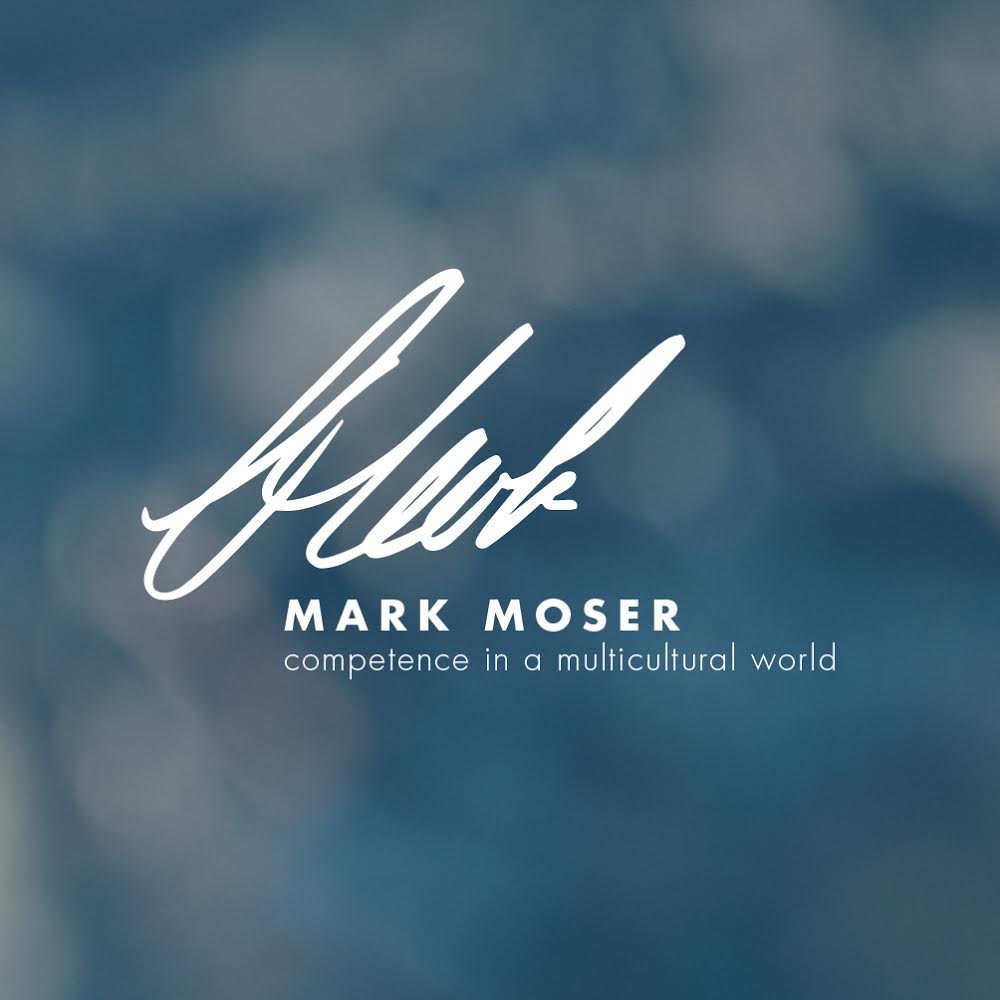How do I respond and deal with suffering? Do I create distance and separation, or approach and be approachable? Cultivating compassion is one of my life's ongoing challenges and precious learnings.
Pity often creates separation and distance, and it's a rejection of sharing the pain of others: pity diminishes the other.
Compassion, creates breath and space and allows us to see and be seen.
The Psychotherapist Chris Germer says: "When love meets suffering and stays loving, we have compassion."
Let me say that again: "When love meets suffering and stays loving, we have compassion."
Seeing and encountering suffering can trigger freeze, fight or flight. But there is another possible response. I call that "holding space" or "touching the suffering".
Experiencing severe physical pain for most of my life and working far and near persons in pain, poverty, and conflict have given me daily opportunities to learn to hold space with suffering and the suffering.
It's sharpened my understanding of social work, no much more. It's fundamentally made me aware of my vulnerability, privileges and recourses.
We are creating a new program with an NPO. During our last call, I mentioned how I see myself as much as a designer of this project and a potential resource to help it happen, but I also see myself as a possible person on the receiving side of this project.
When self-love meets suffering, and we stay self-loving, we have and are compassionate with ourselves. My self-acceptance includes being compassionate with myself. Learning to say: it's enough. What I have is enough; it's sufficient.
Cultivating compassion includes touching my pain and letting others see and communicate with me in my pain. Self-love often meets its master when the going gets tough and when we suffer. But it can also a door opener to shared human kindness and compassion.
I attempt to respond to suffering without causing resistance but by holding space.
I decided to hold space for my suffering and the social misery, the injustice, the pain and the suffering of you and others. This may be suffering caused by disability, illness, inequality, exclusion, the robbing of resources, the loss of home and migration, loneliness or addiction.
If I can learn to accept my pain, I have a better chance of holding space to share the pain and be compassionate.

